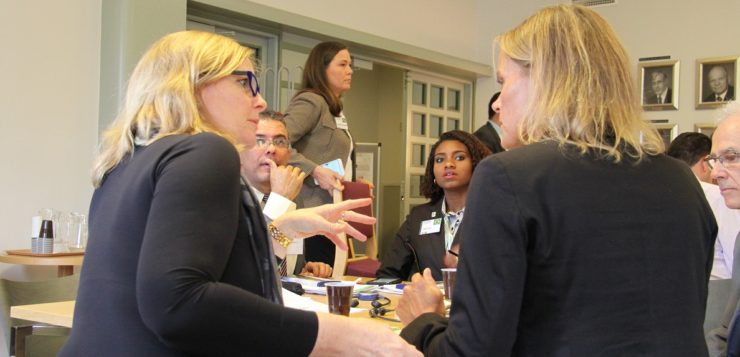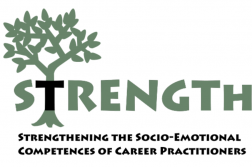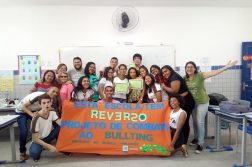I have the privilege to meet teachers, professors, educational managers, rectors, ministry officials, even ministers of education and many other professionals working in the field of education through my work. My job is to find international projects or consultation assignments, where our know-how from Finland can support and provide solutions for tricky educational challenges in other countries.
Often, the questions are strategic in nature, and the dialogue and discourse revolves around the topics of education reform or teachers’ professional development. I find my job demanding, but the tasks and responsibilities of the partners on the other side of the table are even more demanding. Our partners from Asia, Africa, Latin America and Europe are looking for solutions, for example, for the following questions:
How to make the teacher education system to meet the needs of society and the employment sector?
How to educate competent workforce for the employment sector more efficiently?
How to manage educational change strategically?
How to strengthen teachers’ and professors’ careers and career paths?
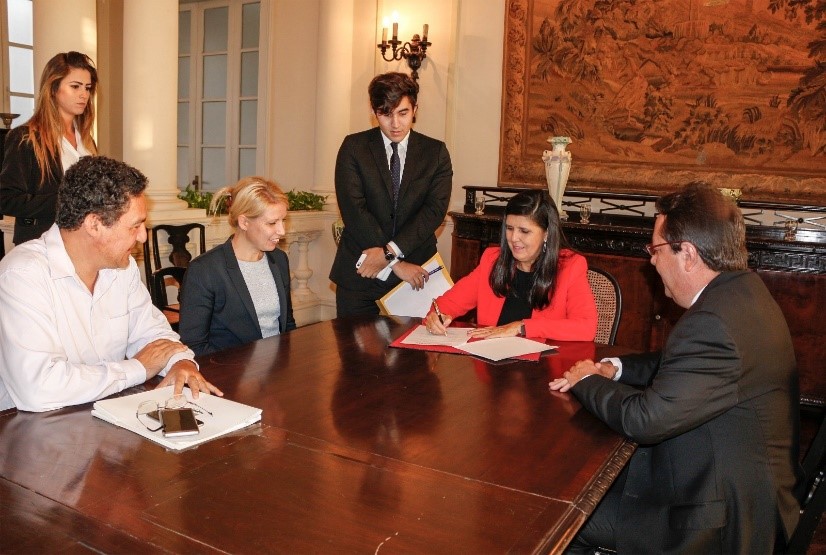
The critical themes to our international co-operation arise always from the partners’ topical questions, needs and challenges. Let me describe you one meeting I participated in one far away country. I walk into a room, which is a very typical governmental negotiation room with a long desk and many chairs around it. Quite simple. Smiling faces greet me and my colleagues, as always, anywhere we go. The topic is serious and complicated, though. The room is full of people, at least 40 professionals representing all levels of education. A woman takes a seat beside me and lowers a stack of papers and books on the table in front of her. I look at the stack and notice something that makes me smile. Pasi Sahlberg’s the Finnish Lessons: What can the World Learn from Educational Change in Finland? The book looked like everyone in the room had read it, and marked their own notations, important marks and questions. We may have huge challenges and very difficult negotiations here today, but we will have also a shared interest to go forward.
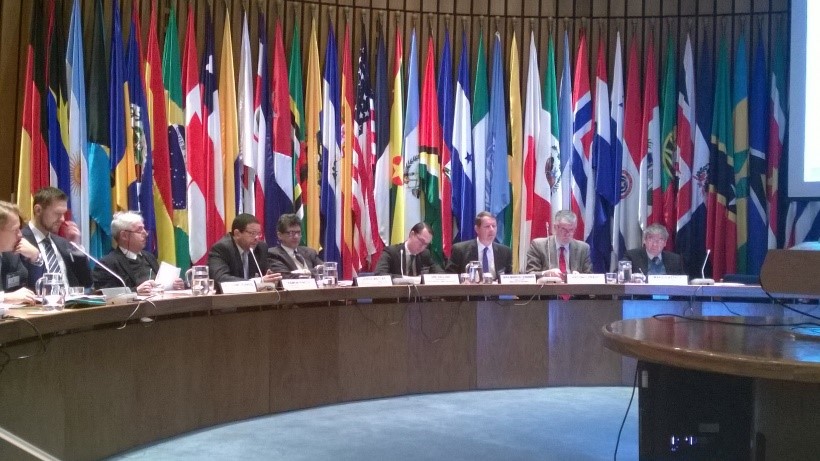
As we all know, making change, any change, is really difficult. Changing educational culture, for example making teaching profession more appealing and respected in a society, a typical inquiry during the discussions, takes really time. It has taken time in Finland too and now we have accomplished the desired mindset about the teaching profession. However, in all the continents that I have visited, I have seen outstanding educational innovations, practices, pedagogies, examples of impressive management, and effective educational processes, some on national levels, some within a certain organization and some as individual achievements.
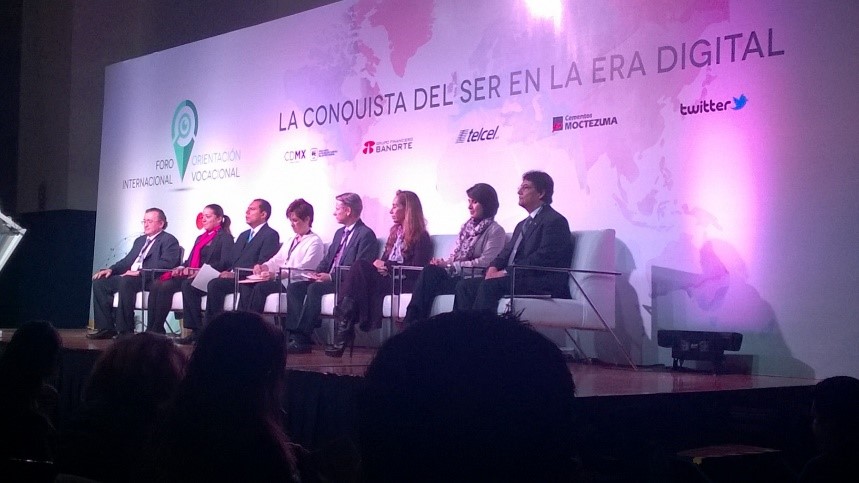
In future, we need to investigate more to understand why some educational practices and systems work well and have an impact in that particular culture, society and country. In Finland, in my opinion, we are very good in evidence-based education, for example, we analyze teacher education, teaching and pedagogical practices. At national level, our Ministry of Education and Culture investigates constantly what works in our context and reality. Experiences, practices, tested models and the national story of Finland can provide many ideas for those who have to do the most responsible job, developing education, in the world.
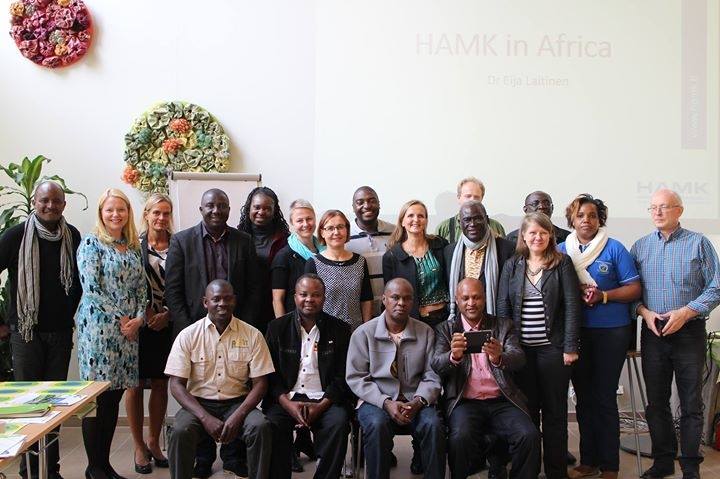
We may establish a good co-operation with the partners on the other side of the table. Still our partners must find their own way to the future and make their own decisions. In addition to shared challenges we are united by another strong bond on both sides – and it is an honest belief that “education is the most powerful weapon to change the world”, like Nelson Mandela once said.
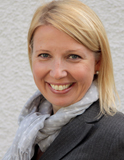
Maaret Viskari
M.A., Manager, Global Education
Häme University of Applied Sciences (HAMK)
Read more about our work and research-based training programmes from here!

